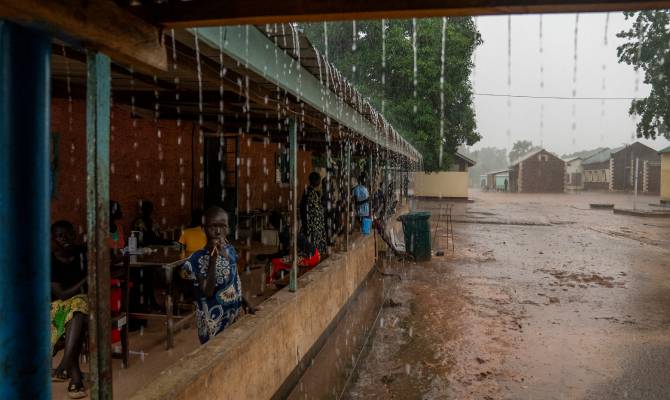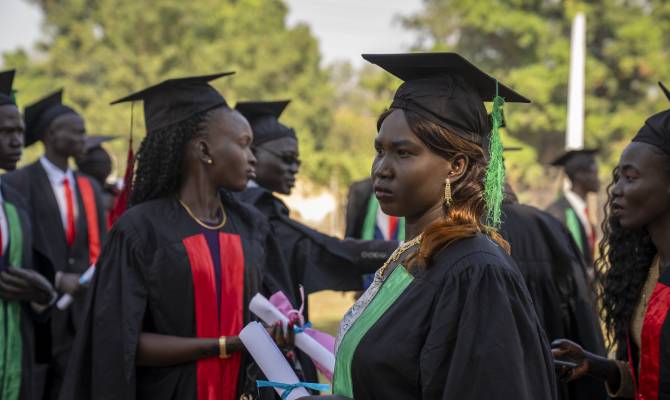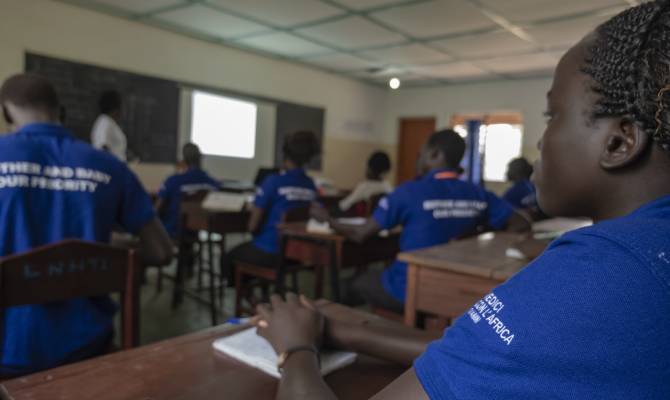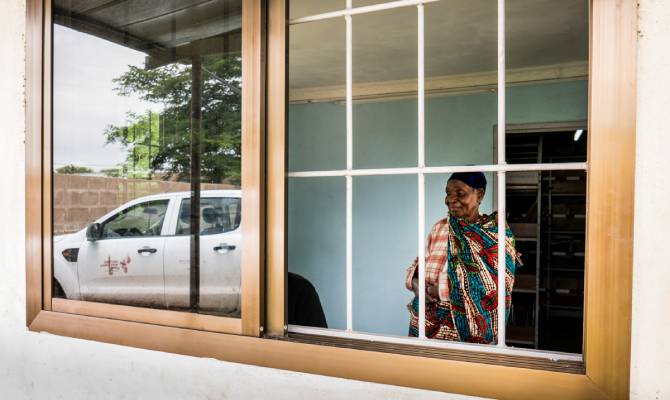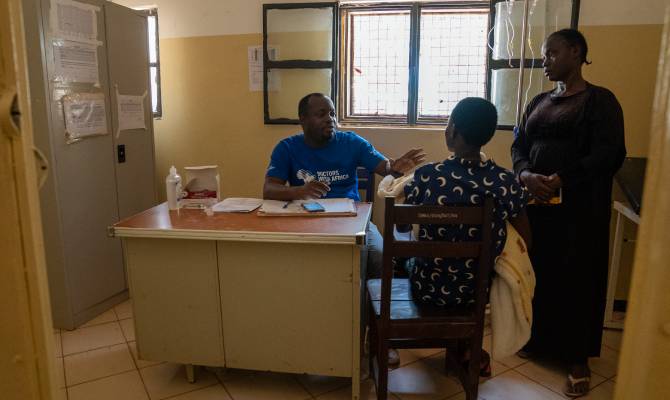Not just hunger. Behind food insecurity lies a profound change sweeping through entire communities, altering relationships, roles, and hopes.
Ayen Manyuol Gak, 35, mother of six, comes from the village of Malith in South Sudan. She is admitted to Rumbek hospital with her six-month-old daughter, suffering from malnutrition.
“Things used to be better. The rains were more predictable and the community was more united. People helped each other, lending oxen for plowing or sharing food after a good harvest. Today, we can only think about tomorrow,” she recalls.
In Lakes State, where Ayen lives, the climate no longer follows known patterns. Floods alternate with increasingly long droughts, destroying crops and reducing agricultural production.
“To farm, you need oxen, but almost no one has them anymore,” she explains. “Those who try to sow take a risk: if the rains come late, everything is lost. And if they come too early, it’s the same.”
Arable land is shrinking, along with the ability to provide regular meals for families. The price of a staple food like maize flour has risen to 255,000 South Sudanese pounds—over 45 dollars—for a 25-kg sack: an unaffordable amount for those living on public salaries, which arrive months late and are worth less than 2 dollars a month.
The lack of food does not only bring hunger. It also causes social fragmentation, loss of trust, and solidarity. In the past, those with nothing could count on neighbors. Today, the poor are often avoided, because everyone fears they will not have enough. Families shrink or expand precariously: relatives and acquaintances move into the homes of those who have work or some food, increasing consumption and tension.
Women and children pay the highest price. Food insecurity also drives early marriages: in some families, as soon as a girl has her first menstrual period, she is married off to a man with cattle. It is the only way to ensure there is something to eat.
Education is also disrupted: many children are unable to attend school or are forced to drop out because their families can no longer afford the fees. Each year spent out of the classroom is an additional barrier to the construction of their future.
Illiteracy also affects agriculture.
“Many don’t know how to rotate crops or when to sow,” Ayen explains. “As a result, harvests run out quickly, and when the young return from the cattle fields, they consume everything the elders have produced”.
Hunger in South Sudan is not just a biological condition. It is a process of disintegration. It changes priorities, bonds, and dreams.
“In the past, we managed to live two days on two dollars. Today, ten dollars do not make it for a single day. No one knows what life will be like next year,” says Ayen. “But if the rains come at the right time again, maybe we too can live together as we used to.”
In Ayen’s story lies the deep meaning of World Food Day: hunger is never just the lack of food. Instead, it threats balance, peace and prosperity. Ensuring food security means restoring stability and dignity to communities. It means, ultimately, rebuilding life where today there is only survival.

